
The dawning of medical history museums
As science changes our relation to our bodies and our mortality there is a need for a new kind of medical history museums—a kind that challenges our senses and lets us engage in interactive exhibitions
The interest in biology is on…
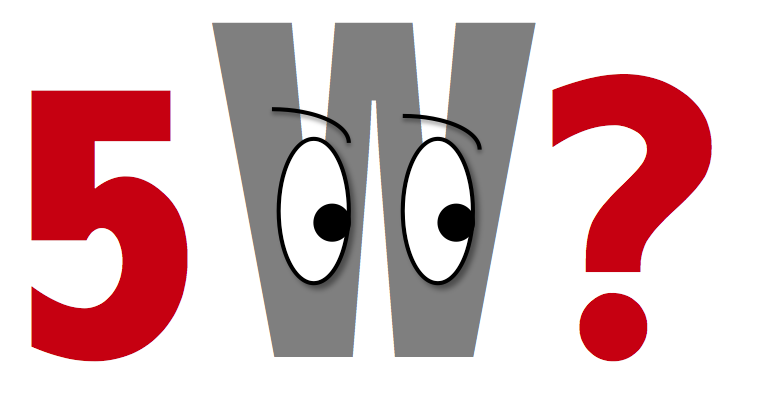
Using the 5 Ws for Science Writing
Science writing, in some respects, is no different to other types of journalistic writing. It is about: Who?, What?, Why?, When?, Where? and (w)How?
Who? It is helpful to contextualise any story, we want to know which genius is responsible…
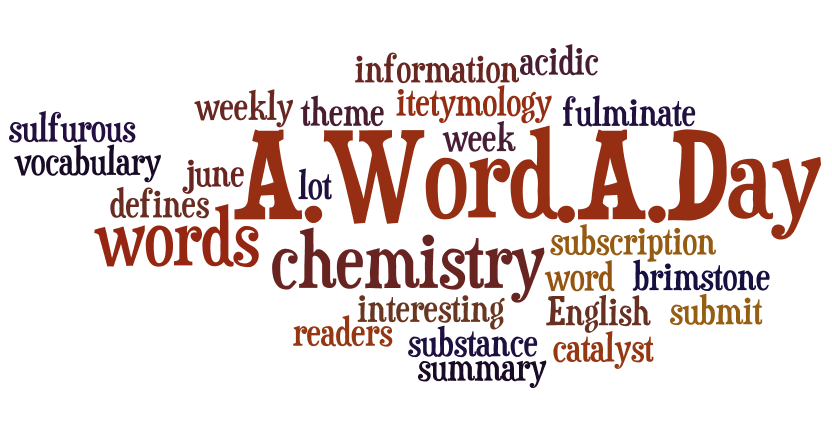
A.Word.A.Day lists words from chemistry
In early June, the theme of the week for A.Word.A.Day was words from chemistry.
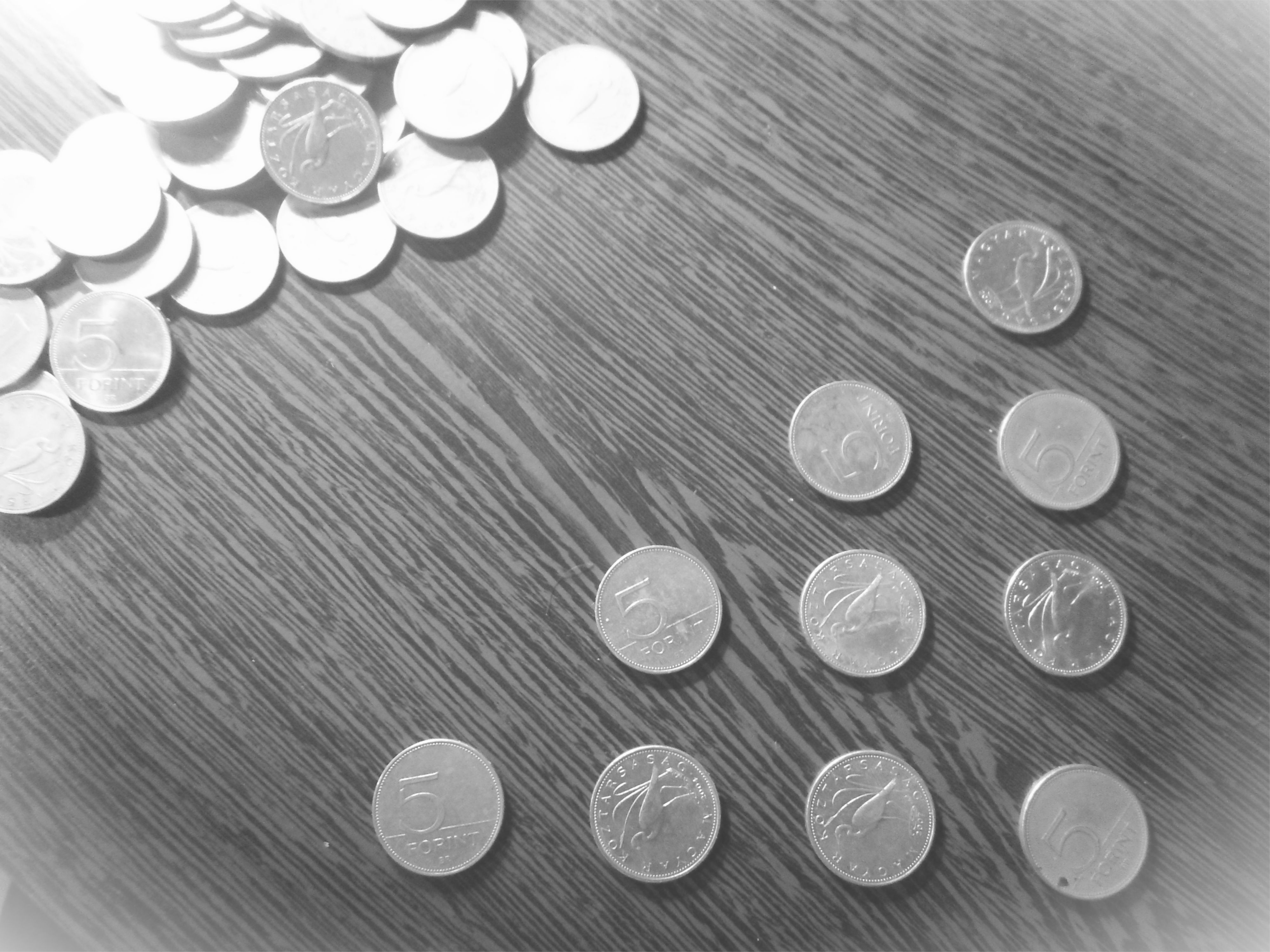
Analogies—when two similar worlds meet
Properly used, analogies can give a huge help for understanding the structure of what we are telling each other. But then again: which is the proper way to use them? Norbert Majubu offers some reflections on how people often misuse analogies in science communication and reasoning.
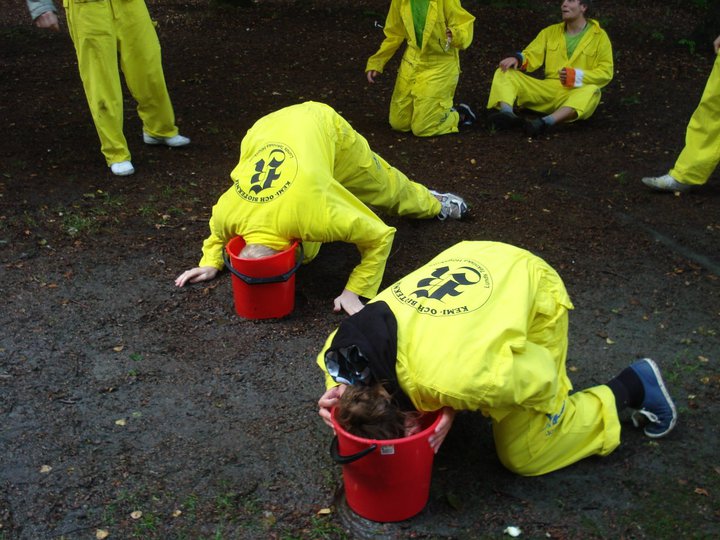
50 survival tips for students
Through Quora, a list from 2006 resurfaced in which Ben Jones of MIT summarized 50 things which he considered important for anyone facing a college experience.
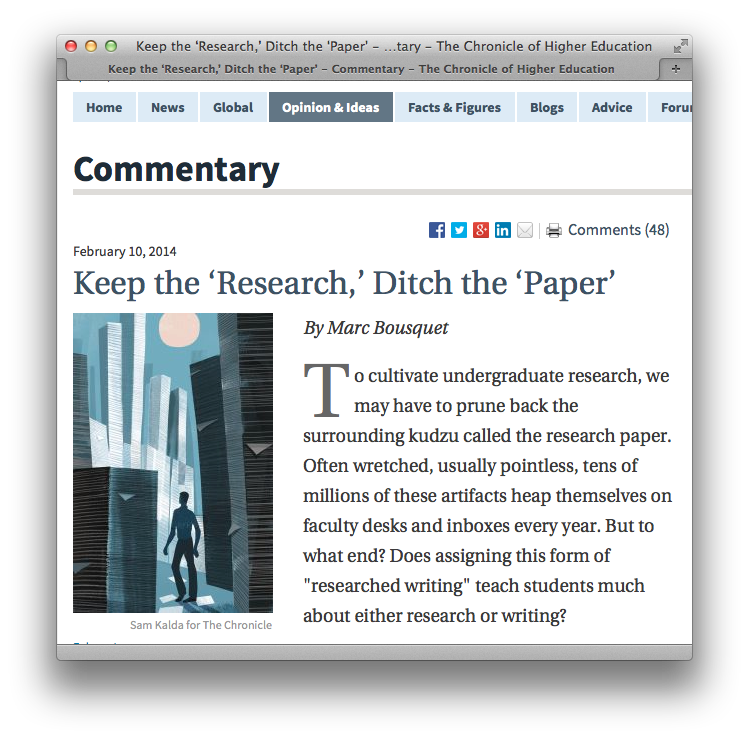
”Don’t write a word unless you have something to contribute”
Marc Bousquet, associate professor of English at Emory University, recently wrote a comment worth considering in The Chronicle of Higher Education: Keep the ‘Research,’ Ditch the ‘Paper’
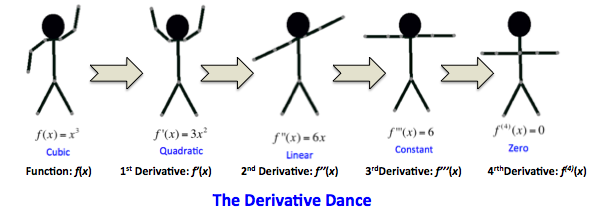
Derivative dance makes math crystal clear
Mr. Math Teacher’s Derivative Dance takes the beautiful math dance moves one step further.
As you have seen before, we like dancing here at crastina.se. Recently, an FB friend sent me the image below which—for all I can see—has been…

